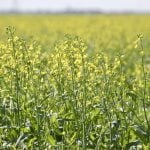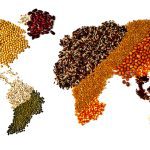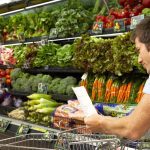Reuters – The gap between what is said in crude oil markets and what actually happens in the physical trading world has been illustrated by a commitment by the OPEC+ group to boost output being followed by its top member, Saudi Arabia, raising prices. Producer group OPEC+ said after meeting in early June it would












